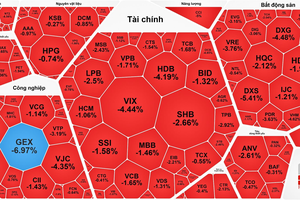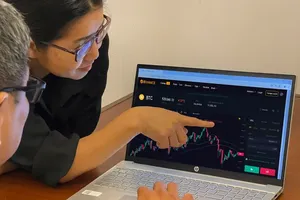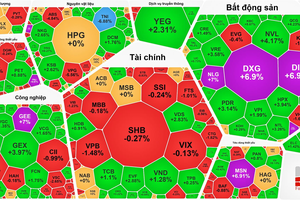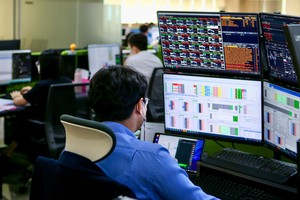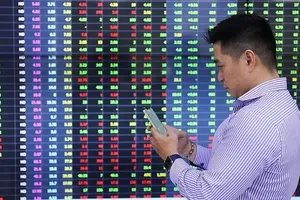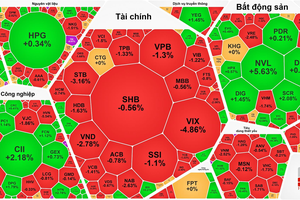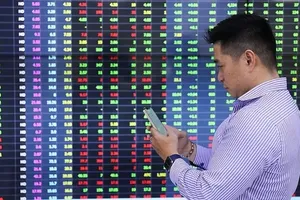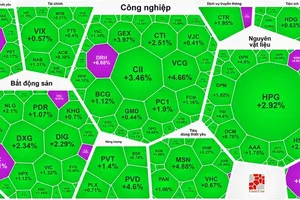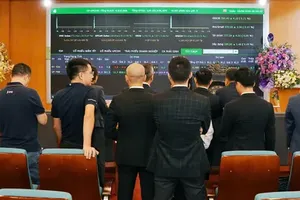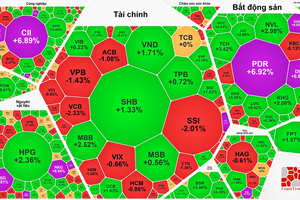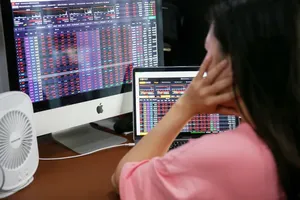Investors often misses profit-taking chances from mineral stocks as they tend to shun important technical indicators suggesting the chances are coming, brokers say.

Hamico Group Mineral Joint Stock Company (KSH) moved up for 15 trading sessions in a row, starting from September 1st, 2009, increasing by 84 percent to VND33,700 (US$1.7) per share.
The winning streak came on the information that Hamico found a gold mine at Luong Thuong town, Na Ri District and Ba Be Lake Resort at the northern province of Bac Can, which was reported on the website of the Ho Chi Minh Stock Exchange (www.hsx.vn)
The stock then extended the streak, rising by 176 percent to VND93,000 ($4.7) per share in 22 sessions in a row ending at October 22nd, 2009.
However, it eventually lost grounds on the retreat of the benchmark VN-Index and the news that the amount of the precious metal of the mine was small, which meant the profits from the exploitation would be as much as expected.
“The reserve of the gold mine remained a mystery. Investors tend to favor stocks with information that can create breakthroughs in earning results. They did not care about the reports on the mine’s reserve, so KSH became one of the market’s top picks at that time,” said a broker of a HCMC-based brokerage.
Small-time investors similarly used to pick Binh Dinh Mineral Joint Stock Company (BMC) without acknowledging detailed information about the firm’s titanium mines and the risks of making investments in the mining industry.
Titanium is used to produce strong lightweight alloys for the aerospace industry, sophisticated electronic devices and nuclear plants. Binh Dinh is home to six factories designed to process 179,000 tons of titanium a year.
According to the Natural Resources Ordinance amended in 2008, the exploitation of metal ores such as iron, manganese, titanium, gold, platinum and tin is taxed at 5-30 percent of output.
BMC was among the biggest gainers on the stock market in the period between 2006 and 2008 before plunging on the government’s regulations limiting the export of raw materials to avoid overexploitation.
Experts said individual investors tended to pick mineral stocks, of which their production relies on the global price. Therefore, they often missed the opportunities to take profits of the global increasing price as the share prices rose before they knew the news, brokers said.
